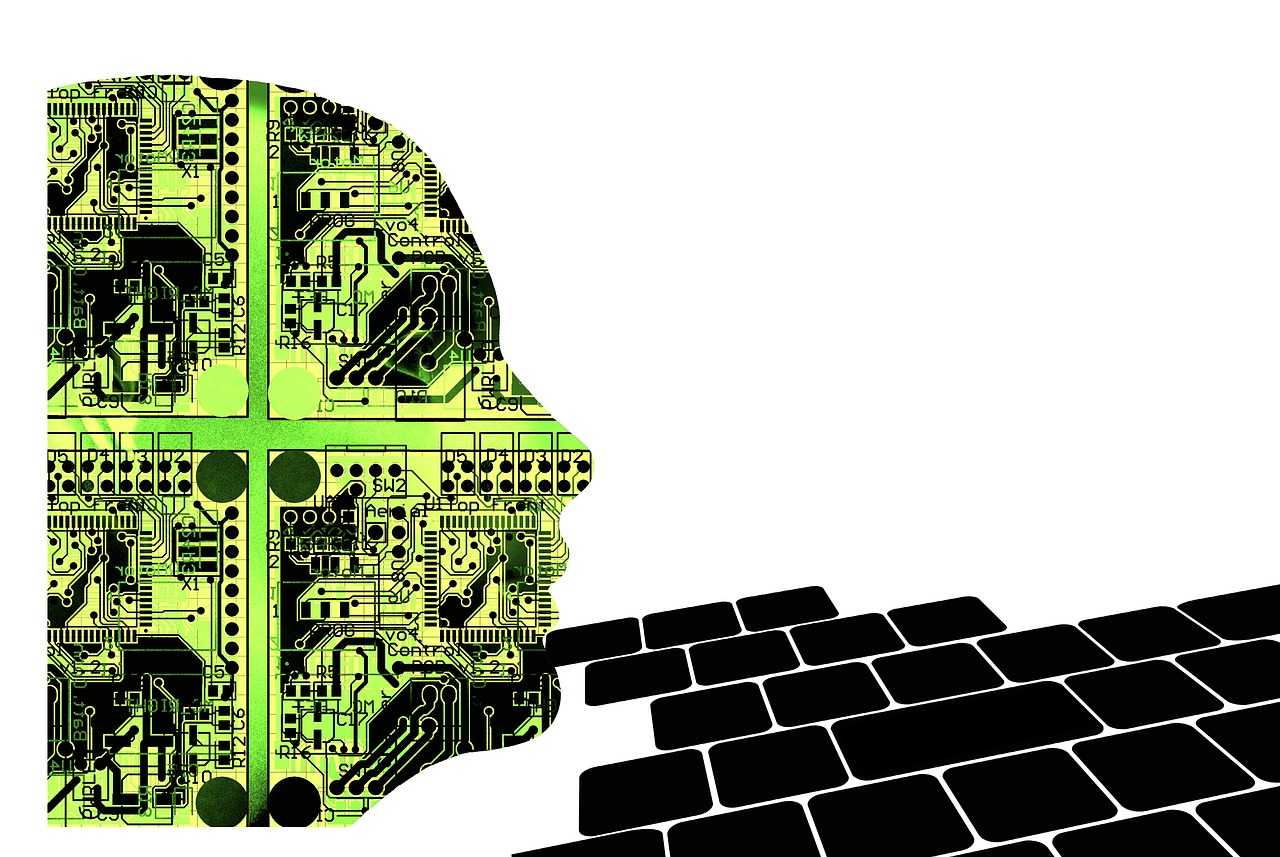
AI
We’ve all seen one of those sci-fi movies and cartoons where shoppers have their carts filled by robots, through voice commands or simply with the push of a button. The concept depicted the use of intelligent machines and AI in a futuristic world to assist us humans.
Today, we are actually living in that “future world” perceived years ago by creative geniuses. Of all the industries, Ecommerce businesses rely heavily on AI to scale-up, manage global operations and serve omnichannel customers.
That said, AI has found its way in many different e-commerce domains resulting in innovation and groundbreaking solutions. Ecommerce giants and their technology partners such as those providing Shopify development services are adopting emerging technologies like AI and machine learning to speed up their operations and serve customers in a better way.
Let’s find out more about the different types of AI used commonly in ecommerce.
- Natural Language Processing (NLP): Computers can interpret and communicate in natural human language that can be easily understood.
- Machine Learning (ML): Allow computers to learn from statistics and algorithms for decision making. One of the finest examples here would be of ChatGPT by OpenAI which uses algorithms to interpret data.
- Computer Vision (CV): Also a niche of AI where machines and/or computers extract data and learn from images and videos.
- Data Mining: The process of exploring data, discovering patterns and identifying sources of information to communicate with AI algorithms and systems.
Now that we know about the different types of AI in ecommerce, let’s have a look at how a typical mobile app development company in Houston leverages the technology to produce exceptional ecommerce solutions.
Tailored Product Recommendations
AI technology is used to track customer buying behavior the moment they land on a page or start using an application. Using the data and analyzing the customer journey from start to finish, AI recommends more personalized or close-matched products to the customer as per their need. For instance, NLP can interpret actual human customer/buyer language and relevant product images to match with the items they are likely searching for.
Then there are AI-based specific features or functions such as “People Also Purchased” or “Customers Also Viewed” which simply refers to the most sought-after or searched items based on factors like color, shape, price, size, brand etc.
Virtual Assistants and Chatbots
App developers in Houston along with ecommerce companies are well-aware of chatbots and virtual assistants which are machine-based or AI customer service representatives that users can communicate with. The technology isn’t entirely new but there have been advancements and modifications in their algorithms, resulting in a more appropriate and human-like response.
A Few Applications of Chatbots and Virtual Assistants
- Routine and more simple tasks such as order processing, managing basic transactions, recommending personalized products and offerings etc.
- Collect customer data and respond to queries in a timely and efficient manner.
- Make sure the checkout process remains smooth and cart abandonment rate is minimal or zero (in an ideal scenario)
- Provide customer service 24/7 throughout the year.
Identify and Prevent Malicious Activities/Fraud
AI is excellent when it comes to implementing robust security to your ecommerce store. It can easily detect malicious or fraudulent activities by analyzing online activities and data processes in real-time. Other than that, even unusual or unfamiliar transactions can be spotted immediately as they happen with AI-based security; faster and more efficient than manual procedure.
Adding to it are machine learning models with which buyer/user personas can be created based on behavioral data from users who would land on your app or website. An example of fraud or unusual activity can be of large purchases or bulk transactions from an unidentified or unfamiliar location which a machine learning model can easily detect and flag for fraud before it breaches security.
Inventory Management
Ecommerce businesses are relieved from the tiring and painful task of inventory management thanks to AI. The technology is capable of analyzing sales data and predicting future consumer/market demands. Let’s take an example of RFID tags here which can track real-time data using wireless/radio-frequency to monitor the sales, delivery/drop location as well as source of origin that can be a physical store or even conglomerate distribution centers.
AI-based inventory management has resulted in process automation, on-time restocking of the products and inventory replenishment.
Cost Management/Dynamic Pricing
Depending on the market trends, an upcoming event or particular shopping days, ecommerce businesses can easily make their pricing model dynamic using AI. It can anticipate and even recommend the best deals and discounts along with minimum discounts that can close the deal or drive successful sales.
Omni-channel retailers and ecommerce players have the advantage of making their pricing strategy more flexible and user-friendly with AI. Take for instance buyers on Amazon and your ecommerce store for the same products where you can play smartly by offering discounts on your goods that are sold on Amazon.
Predict Market Demand and Customer Churn
AI lets ecommerce market players understand their primary and secondary customers in a better way. The technology is smart enough to engage customers even across different POS channels while offering insights that are more close to the consumer demand.
On the contrary, ML can smartly identify patterns to predict customers’ next move on your ecommerce website or app thus reducing cart abandonment as much as possible. It also offers loyalty discounts, follow-up on incomplete purchases and takes a more tailored approach to each customer.
Generative AI
Let’s explore the AI we’re most familiar with. None other than the one that gives the desired results based on prompts received by users. ChatGPT and DALL-E are the two most popular tools but there are many others offering similar services.
With Generative AI, ecommerce businesses can execute content and copywriting tasks, produce relevant images, write emails and branding messages etc. In-short, it can easily cater to all the digital and content marketing tasks however, this doesn’t mean that the technology can replace human intelligence, it’s just there for assistance.
It’s obvious that businesses of all nature and sizes can survive by harmonizing with AI and future tech. Rather than ignoring these technologies, a sound and balanced collaboration of AI and human intelligence can definitely result in unlimited growth and success. So, are you ready to beef-up your Shopify development services with AI?






